Future Entrepreneurs and Leaders (FuELs) Project
FuELs strategies shall involve establishment of Women Solidarity Bomas aimed at boosting incomes, through a revolving livestock projects, Village Savings and Credit Associations (VICOBA), increase women’s access to markets, establishment of Indigenous Women Forums (OLTURUR LOONDOMONOK) aimed acting as platforms for advocacy and solidarity by engaging with relevant authorities to advocate for indigenous women’s rights including access to properties (land, etc), play a watchdog role and facilitate access to legal rights information.
FuELs project is centered towards achieving the following specific objectives:
- Pastoralists women and young mothers have improved income from small and micro businesses
- Facilitate improved access to secured land tenure among 2400 indigenous Maasai women as per the land Act of 1999 section 5 & 4
- Enhancing capacities for indigenous Maasai women participation in leadership positions and decision making processes
- Strengthening dialogue between the established Pastoralist Indigenous Women Forums (OLTURUR LOONDOMONOK), Village and District authorities for enhancing a gender focused development planning and integrate the same into District Integrated Development Plans, Strategies and Budgets

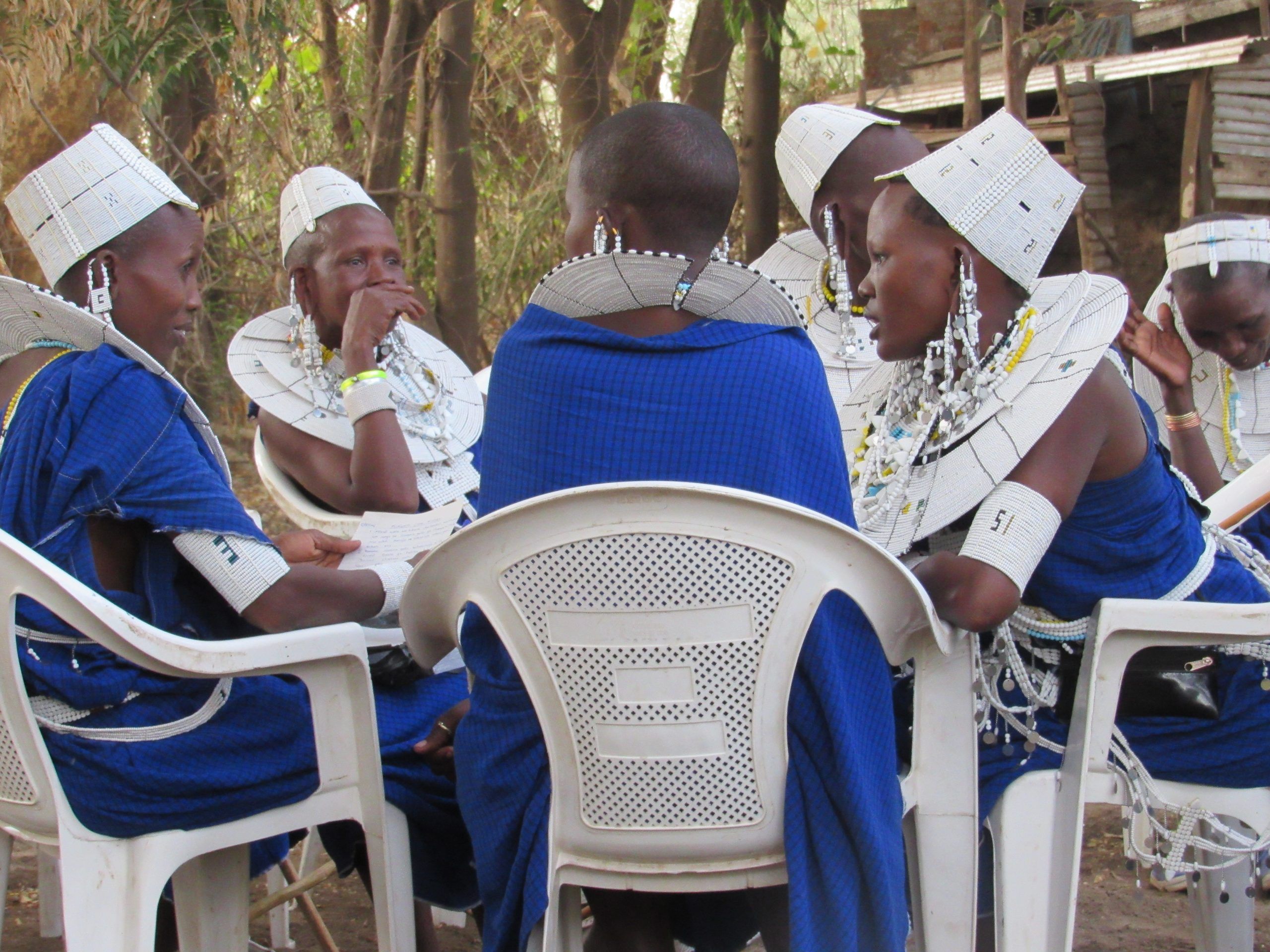


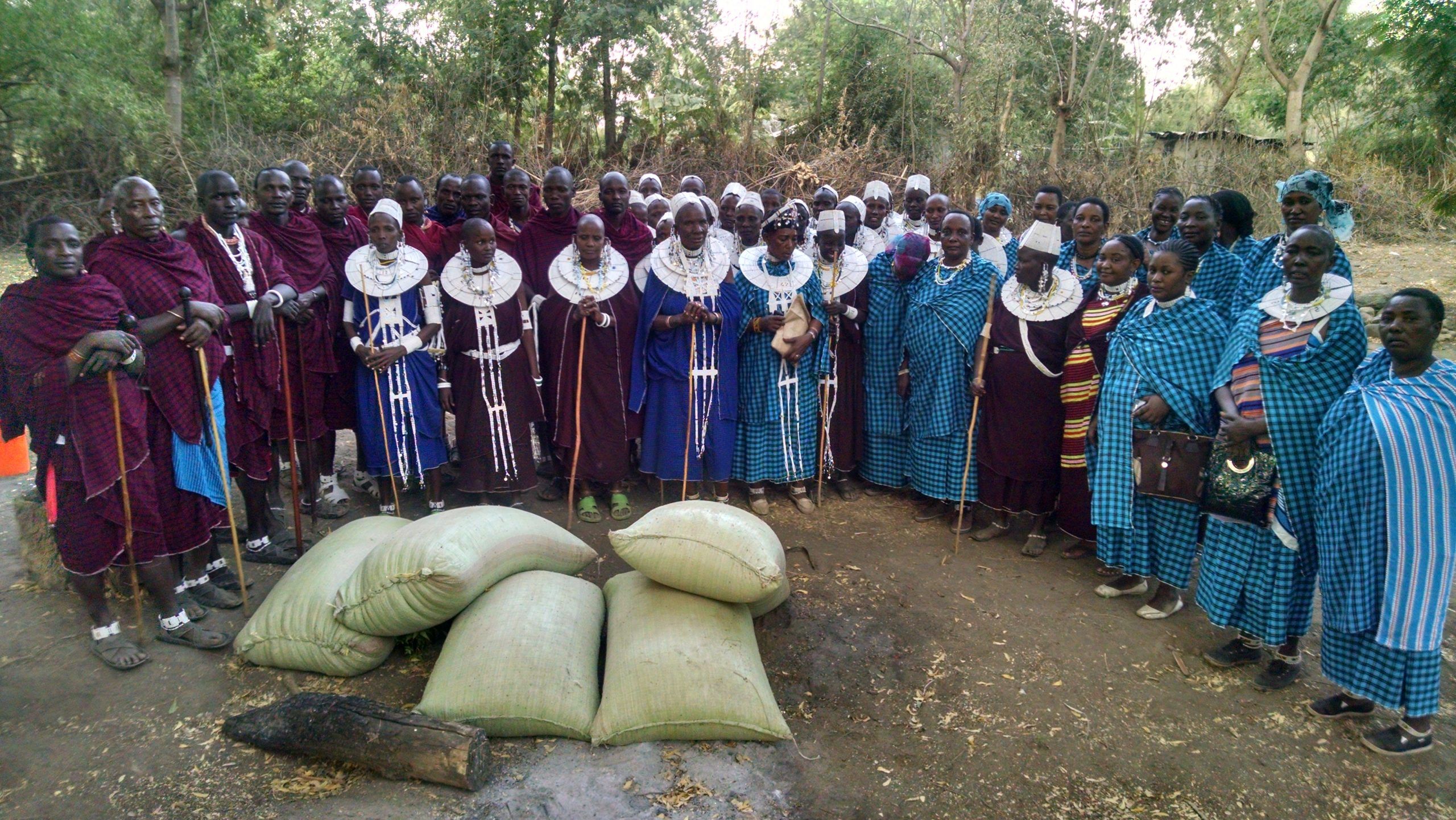
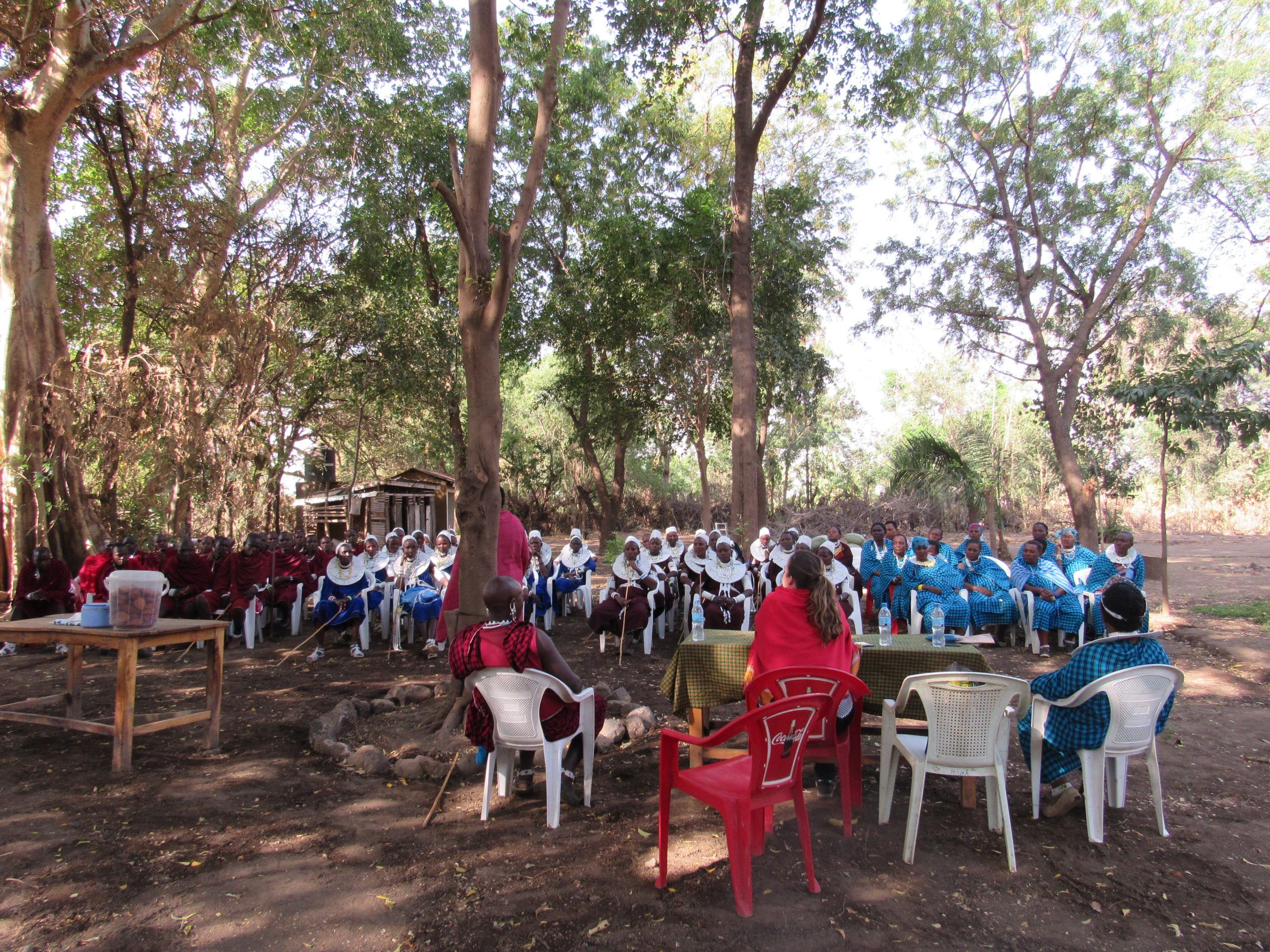
From Emergency to Resilience Project
In Tanzania, within the Maasai Pastoralist community, gender relations have been negatively affected by male dominance over ownership and control of resources and decision-making processes, the situation that have inclined Maasai women with limited access to essential services and acute marginalization with no voice to speak out about their plight.
For many decades, Maasai women have been culturally marginalized in terms of decision making, rights to access and control over basic properties including land. Their representation within decision making bodies is very minimal and ineffective due to lack of leadership knowledge and culturally undermined confidence to voice out in front of men. Gender relations have been negatively affected by male dominance over ownership and control of resources and decision-making processes, the situation that have inclined Maasai women with limited access to essential services and acute marginalization with no voice to speak out about their plight.
ENCO provide community-based programs to educate and assist women in establishing sustainable micro income generating activities, enabling women to create markets for their products, to negotiate business transactions, and maintain better record keeping. We seek support for our small enterprise development programs through revolving grants and developing market linkages locally and within the region.

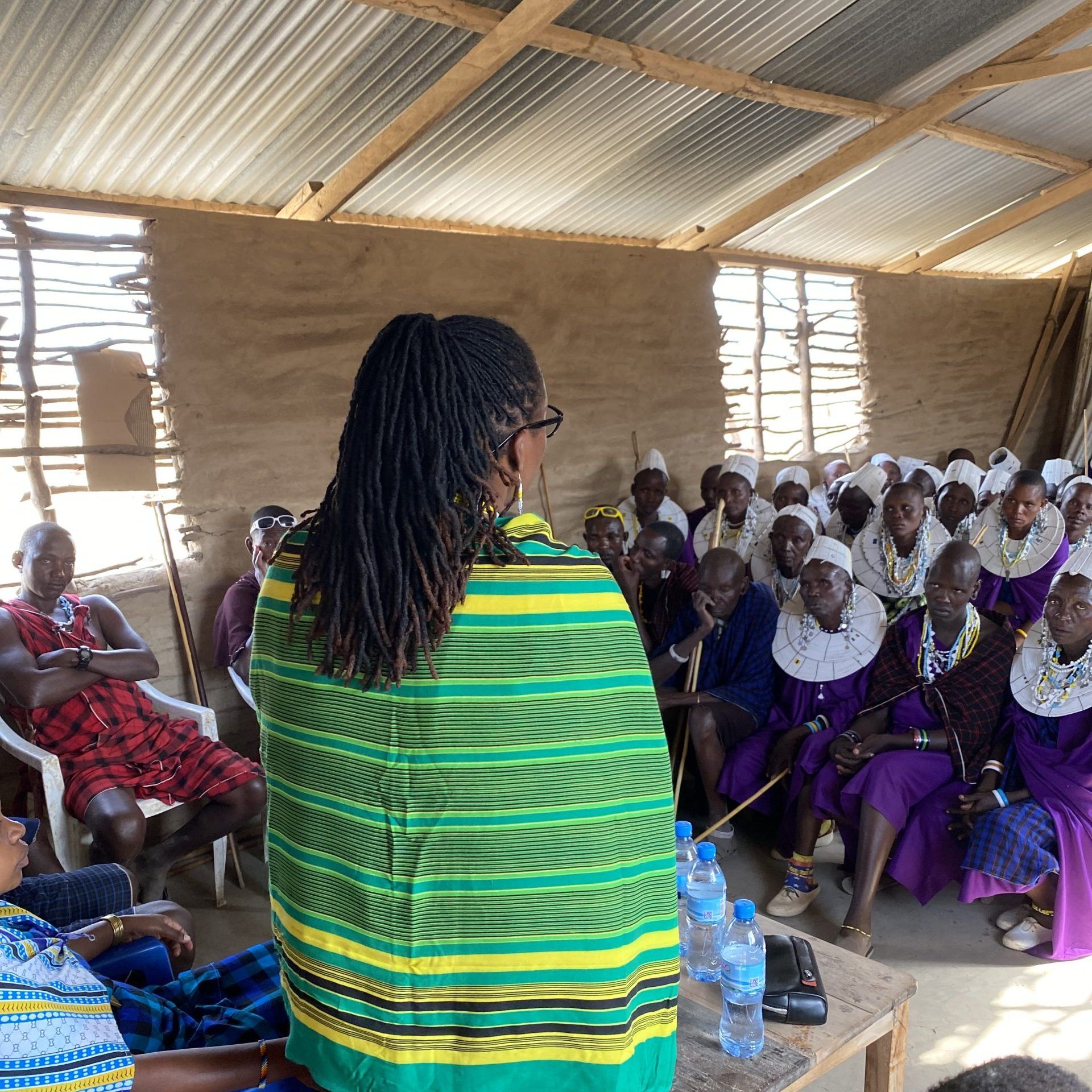
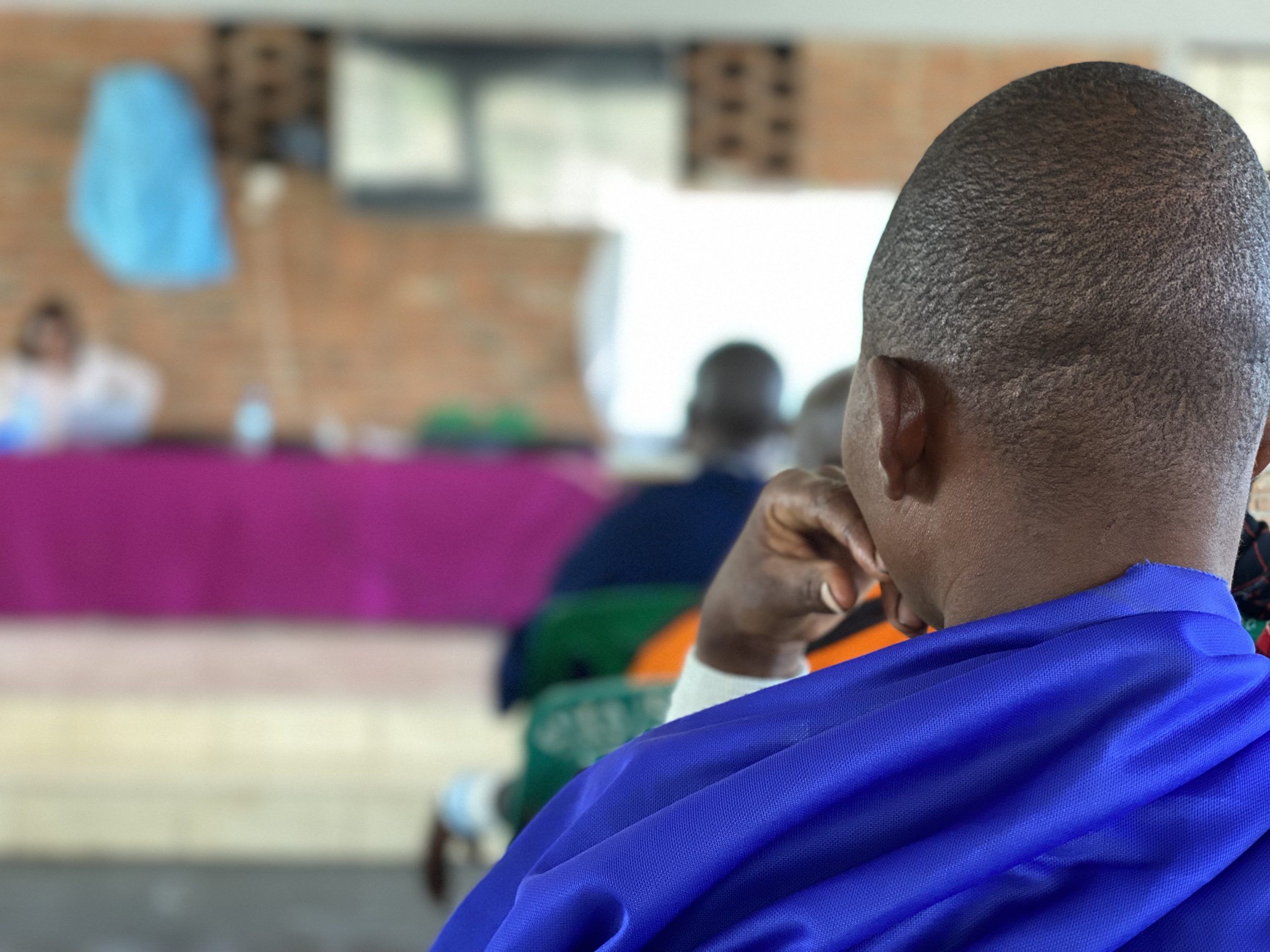
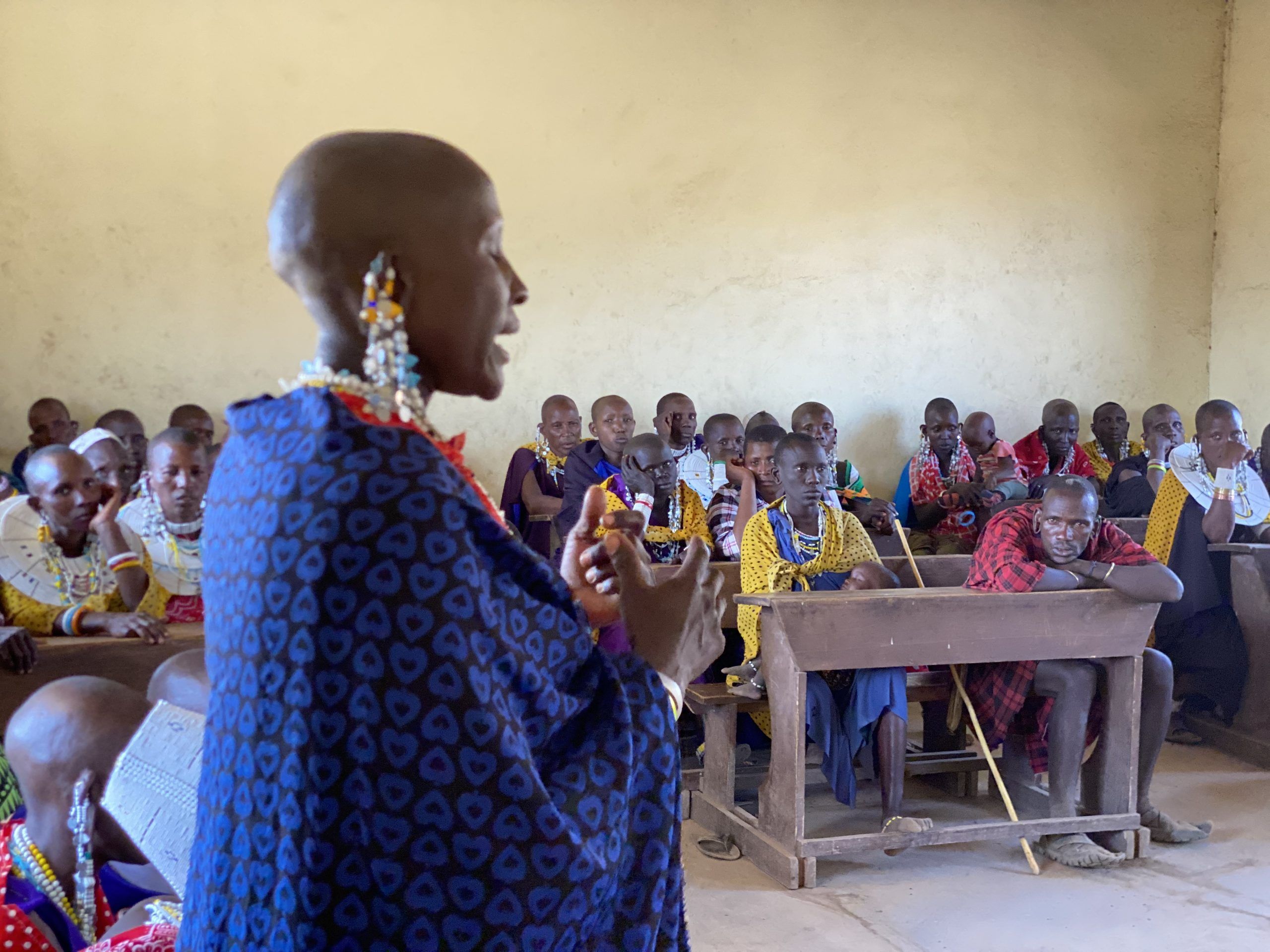


Visual Elaboration about this projects on you-tube